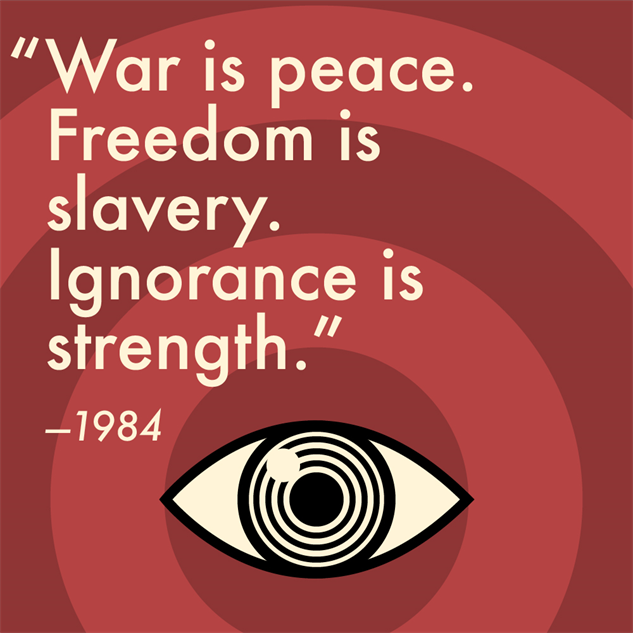What happened at the fall? No, not when you tripped on the sidewalk down town, not when you fell off your bike or fell out of the tree house when you were a little tike, but the fall that is recorded for us in the first book of the O.T.
The first disobedience of man against God is recorded for us in Genesis 3, this "act of disobedience" has become known as the fall. The concept of the fall is extrapolated from an exegesis of Genesis chapter 3. The word fall is not recorded in the Genesis account, but it has become the normative name for identifying what happened after man's disobedience to God's direct rule over Adam and Eve.
Let's focus on the effect of the fall. There are a myriad of thoughts, ideas, and biblical concepts that can be dug out of Genesis chapter 3's account of man's disobedience to God, but I would like to take just one effect of the fall, and I believe it is to be front and center. Think first about what kind of relationship Adam and Eve shared with their creator before the fall: close communion, friendship, the creator's protection and provision, all of the things that are good and wholesome. Adam and Eve lived in the paradise that we see continually trying to be recaptured by Hollywood, romance novels, and yes even certain philosophies of government where man is told that he can have heaven or paradise here and now.
The devastating effect of the fall was that man would now live autonomous from his God and creator. The state of living in communion and dependence on God was gone, the state of living in innocence and purity was gone, the paradise that they so enjoyed would now see weeds and erosion, the joy of living with God would now be replaced with the devilish and hellish seed of man's motto for life, " I'll do it my way."
This effect of the fall is echoed throughout the entire Bible with language like Isaiah's when he tells us that we are all like sheep who have gone astray and turned to our own way (53:5), and again, Daniel uses the same language when he tells us that we have turned away from God's plan and purpose for our lives (9:5), and even Jeremiah the prophet speaks of our rebelling; and sinning against our creator and God (14:7).
This is the effect of the fall; we have fallen away from dependence on God and have replaced that dependence with the mother of all sins---self-sufficiency. This sin is the weight on the ankles of all men, it is the weight that will pull all men down to the pit to live eternally in such a separated condition from the King and Creator of all life.
As the old hymn tells us:
Far from the peaceful shore,
Very deeply stained within,
Sinking to rise no more;
But the Master of the sea
Heard my despairing cry,
From the waters lifted me,
Now safe am I.
Love lifted me!
When nothing else could help,
Love lifted me.



